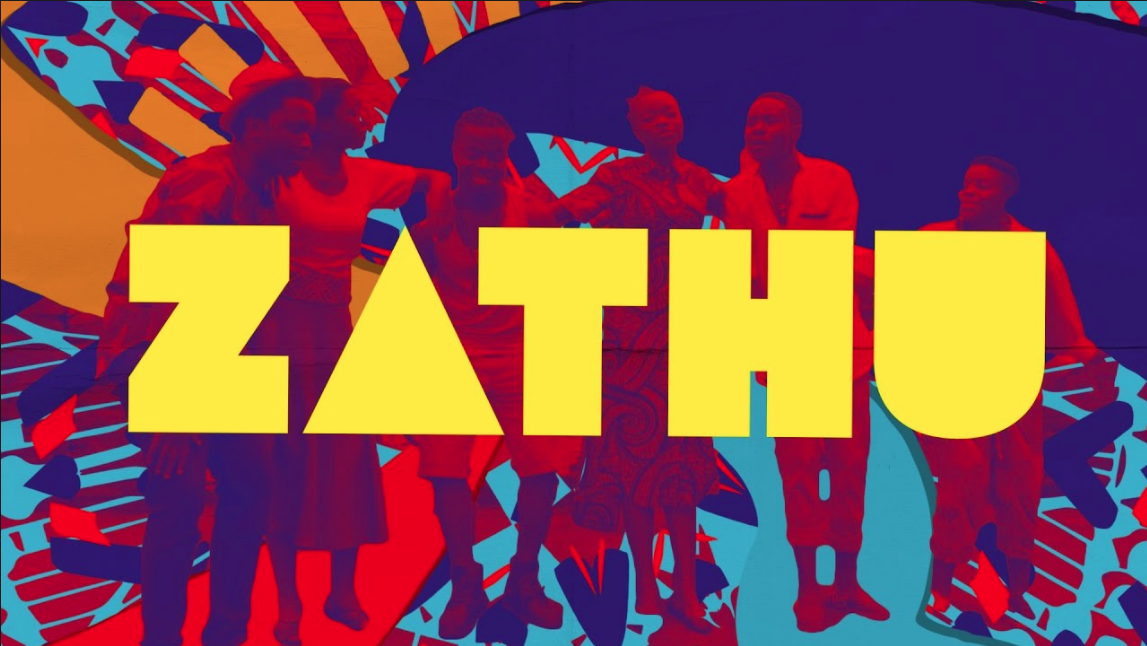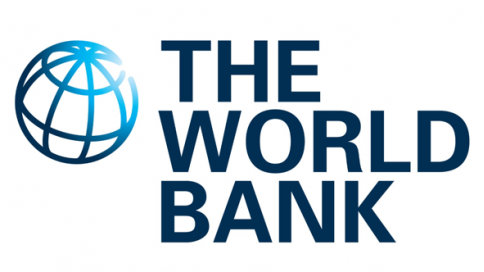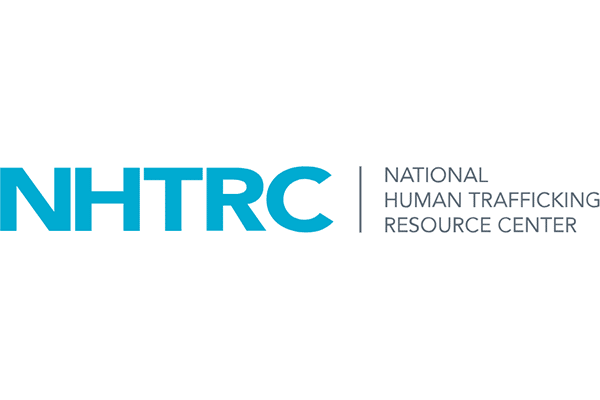Curriculum and Instructional Design
We aim to create coherent and connected learning experiences that meet learners wherever they may be in their current abilities and beliefs.
At Bersama, our focus on curriculum and instructional design is really a focus on the learners and how they experience their learning journey. We aim to create coherent and connected learning experiences that meet learners wherever they may be in their current abilities and beliefs. We are concerned with creating experiences that learners can access seamlessly and safely without having to jump through hoops to get to an awkward location, at an awkward
We are also concerned with offering relevant content where learners see themselves, their families and their communities reflected in the experience. This might be mean, for example, connecting body image and healthy eating for girls in Rwanda or land selection and the Egyptian export market for apple farmers in Lebanon. It’s not only about passively learning, but personalizing experiences so that they serve as platforms for continuous dialogue and learning.
And finally, we are concerned with the people behind the learning experience. We want them to feel confident enough to expose their own vulnerabilities and in this way form a deeper connection with learners and advisors alike. We help them learn, improve and master a range of techniques that range from consensus building to active learning.
At Bersama, our instructional design process is systematic and this enables us to work across a range of content areas–technical agriculture, human trafficking, livelihoods, sexual reproductive health and with different types of learners. Below you will find a few illustrative examples of our work.
Project 1
Leveraging a radio drama for learning and grassroots partners
Season 1 of the radio drama Zathu was playing across air waves in Malawi and young people were getting acquainted with its 5 protagonists. Much research and care had gone into developing the show, and now Girl Effect was recognizing that just listening offered few opportunities for skill building.
The branding and research team was clear on themes (like platonic friendship and challenging traditional roles) that girls wanted to learn about, but struggled to translate these into hour-long learning sessions that their grassroots partners could host.
We built a 26-session curriculum around the 5 protagonists and storylines. Radio drama clips were chosen to ground key skills that girls could apply to their lives in the safety of the learning environment. At then end of the day, rather than just talking about “platonic relationships,” girls explored boy-girl dynamics and hidden beliefs in girl-boy relationships. They learned skills in challenging traditional beliefs, coping with stigma and being resilient in the face of setbacks.

“Rather than just talking about “platonic relationships,” girls explored boy-girl dynamics and hidden beliefs in girl-boy relationships.”
Project 2
Creating e-Learning in technical agriculture
The World Bank’s Business of Enabling Agriculture Index is a useful tool…if you know how to use it. USAID and Fintrac recognized this conundrum and sought
Rather than adhering to arbitrary guidelines for learning, Bersama and the content specialist drew how staff might interact with the index. We used reports and trial


“Bersama worked closely with Polaris to flip the dynamic from teacher and PPT
Project 3
Scaling up lessons learned in running a human trafficking hotline
What do you do when your domestic success attracts international attention? Polaris was tasked with taking their success in operating the National Human Traffic Resource Center to partners around the world who were interested in fighting human trafficking on their own fronts. The challenge was distilling years of lessons learned into concise and relevant messages for audiences all over the world and then delivering those lessons in an engaging, systematic and learner-centered approach.
It was the dual challenge of distilling lessons and building consensus among a diverse training staff around how best to provide learning experiences to partners.
Bersama worked closely with Polaris to flip the dynamic from teacher and PPT centered to lone that centered on understanding and applying Polaris’ lessons learned into the local and institutional context.
The years of lessons learned were systematized into a 5-day workshop with a step-by-step instructional manual with participant hand-outs.

